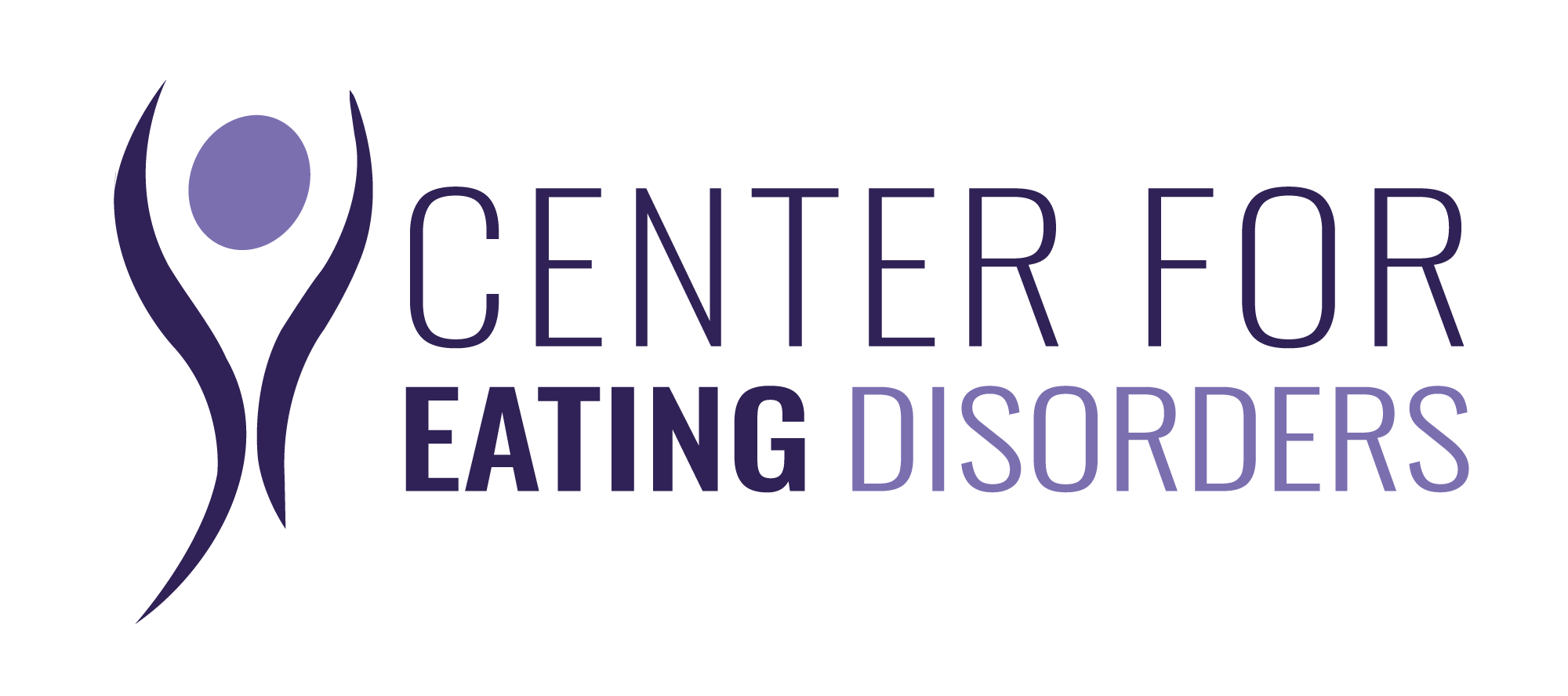Over the past decade, I have had the privilege of leading a successful center for eating disorders in Dortmund. It has been a deeply rewarding journey, as I have had the opportunity to accompany numerous individuals on their path to recovery. My work in this field is not just a profession but a true passion. Many patients have traveled from far and wide, extending beyond the borders of Germany, seeking the specialized care I offer. As technology evolved, so did the nature of therapeutic connections. The advent of online therapy, particularly through platforms like Zoom, brought about a remarkable shift in my approach, allowing me to pursue my dream of relocating abroad without compromising the level of care I provide to my patients. In this article, we will explore the positive aspects of online therapy and how it has facilitated my continued commitment to supporting and guiding those battling with eating disorders.
The introduction of online therapy has transcended geographical boundaries, making it possible for patients from all corners of the world to seek help and support. This has been a game-changer, as I now have the opportunity to work with individuals who would have otherwise been unable to access my services due to distance or travel restrictions. Through Zoom sessions and other virtual platforms, I can connect with patients as effectively as if they were sitting right across from me in my center in Dortmund.
Online therapy has opened up a realm of flexibility that benefits both patients and therapists alike. With the ability to schedule sessions at more convenient times and the absence of the need for physical presence, patients find it easier to integrate therapy into their busy lives. This, in turn, leads to better treatment compliance and progress. Additionally, it allows me to accommodate patients from different time zones, further increasing accessibility to my expertise.
For many individuals struggling with eating disorders, anonymity plays a significant role in seeking help. Online therapy provides a level of privacy and comfort that may not be attainable in traditional face-to-face settings. Patients can feel more at ease discussing their deepest concerns from the comfort of their own space, thereby fostering a stronger therapeutic bond.
The use of technology in therapy extends beyond video conferencing. I have integrated various digital tools into my sessions, such as online resources and educational materials. These aids complement traditional therapeutic techniques and empower patients to take an active role in their recovery journey.
One concern that arose with the transition to online therapy was whether the quality of care would be compromised. However, my experience has shown that with proper preparation and adaptation, online therapy can be just as effective, if not more so, than in-person sessions. The key lies in maintaining a strong therapeutic alliance, staying attuned to the patients’ needs, and leveraging the technology to enhance the treatment process.
The journey from leading a center for eating disorders in Dortmund to embracing online therapy has been a transformative one. Through this innovative approach, I have been able to continue my mission of guiding and supporting individuals on their path to recovery, no matter where in the world they may be. The positive aspects of online therapy have enabled me to not only realize my dream of moving abroad but also to elevate the quality and accessibility of my services. As technology continues to advance, so too will our capacity to connect, heal, and thrive together in the pursuit of better mental health for all.
Blog

Embracing a New Frontier: The Positive Impact of Online Therapy in Treating Eating Disorders
Over the past decade, I have had the privilege of leading a successful center for eating disorders in Dortmund.

A Journey of Transformation: my own journey to overcome my eating disorder
Each of us has a story to tell, a journey that has shaped us and made us into the person we are today. For me, it was a hero’s journey – a voyage of transformation.

The influence of social media on eating disorders: challenges and approaches
In today’s digital era, social media has had a tremendous impact on our daily lives and how we perceive ourselves and others.

Therapy across borders: my path to Dubai
The beginnings of online therapy: before Corona The change in therapy is not just a consequence of the pandemic but began long before it. As

The Body Mass Index: The Illusion of Control
Back to overview Body mass index (BMI) is often seen as a benchmark for physical health, but for people struggling with anorexia, it can become

ARFID: the invisible burden
Back to overview Eating is often at the center of social interactions. However, a lesser-known but profound eating disorder often hides in the shadows: avoidant/restrictive

Chewing and spitting: signs, effects and ways to help
In chewing and spitting, people chew food without swallowing it. Instead, they spit it out after chewing. This practice differs from other eating disorders such

ARFID: When Eating Becomes a Challenge
Many people with ARFID do not experience a “desire to eat less”; rather, they find that their food choices become increasingly narrow over time.

ARFID vs. Anorexia and Bulimia: Understanding the Differences
ARFID (Avoidant/Restrictive Food Intake Disorder) is an independent eating disorder that differs significantly from the more well-known eating disorders Anorexia and Bulimia.

Typical fears, disgust, and avoidance mechanisms in ARFID
ARFID (Avoidant/Restrictive Food Intake Disorder) is an eating disorder that is defined not by weight or body image, but by the avoidance of specific foods

ARFID therapy: Why meal plans alone are not enough
ARFID (Avoidant/Restrictive Food Intake Disorder) is a complex eating disorder whose core lies not in body weight or conscious control, but in anxiety, disgust, and sensory overload.

Why ARFID is more than sensory hypersensitivity
Some patients can state exactly what they cannot eat—but not always why.

